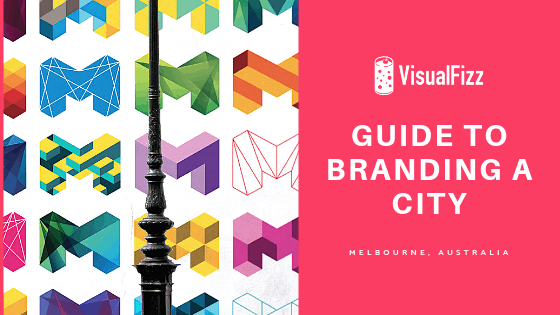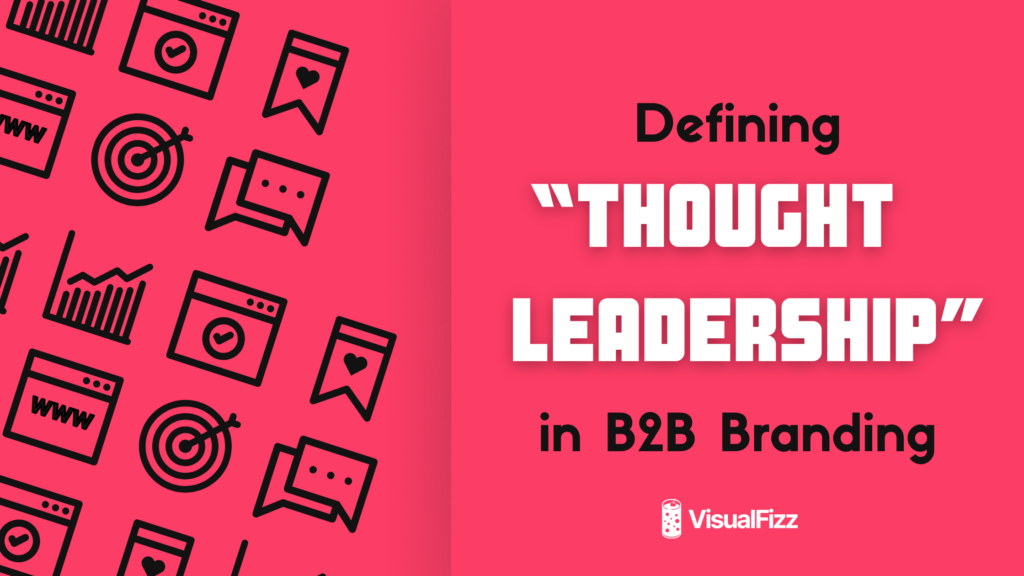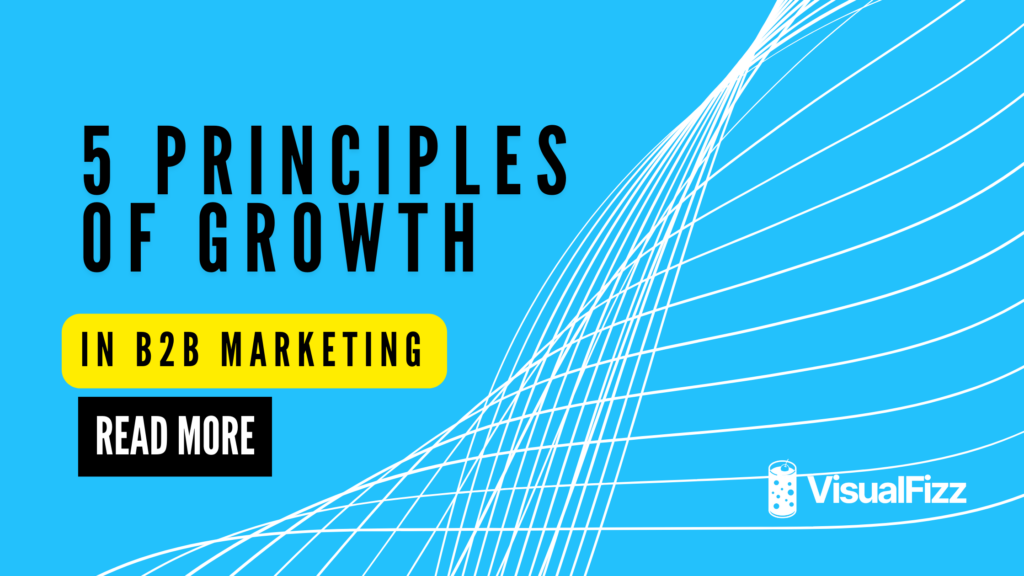
How Chattanooga Successfully Rebranded Itself as a Tech Haven for Startups
In the last decade, there has been a mass exodus away from the suburbs as millions of millennials have flocked to city centers.
Now more than ever, today’s cities must stand out from the pack if they want to attract the most skilled workers, the highest spending tourists, and the leading businesses of the future. One of the best ways cities can tower above the competition is by cultivating a strong brand image.
Chattanooga, Tennessee is the perfect example of successful city branding. Within a decade, this city transformed itself from a forgotten Southern town to a low-cost, high tech, friendlier version of Silicon Valley. And unlike cities like New York, Amsterdam, and Paris, Chattanooga didn’t have a wealth of history and pop culture references to fall back on.
So how did Chattanooga succeed in its rebranding, where so many cities fail—86% to be exact? Well, it practiced tried-and-true marketing formulas and, most of all, stayed true to itself.
Authenticity Matters in City Branding
First and foremost, Chattanooga’s brand identity doesn’t feel contrived like most other city branding. Actually, it all but bleeds honesty, which is a very good thing. Because these days, anything less than 100% authenticity won’t get your branding very far.
Just think about it. Everybody knows Chattanooga isn’t the hippest, most fun city out there. And everybody also knows it isn’t particularly beautiful or awe-inspiring. Put simply, it’s not going to outgun other major cities at their own game. And good thing for Chattanooga’s image, the city’s rebranding effort knew this perfectly well… And used it to their advantage.
Rather than speaking in flowery language and exaggerating the city’s upsides, which would have risked coming off as fake. Chattanooga’s marketers opted to embrace the city’s “meh” factor by releasing a series of short laugh out loud musicals that dubbed Chattanooga as a “literally perfect” city.
The videos follow an uppity tech executive who seeks revenge on Chattanooga for stealing all his best young workers who quickly discovered that the East Tennessee city’s low cost of living, Southern hospitality, small business incentives, and peaceful surroundings were preferable to other tech hotspots.
Step Into the Future
As a mid-sized city, Chattanooga knew it couldn’t compete with America’s leading cities when it comes to traditional city branding factors such as tourism or lifestyle. In fact, the city didn’t have many strengths to point to at all—or an easily defined character for that matter. So the city went about creating its own easily identifiable strength. Chattanooga became a major tech hub overnight.
This wasn’t just a simple catchphrase created in a meeting room designed to trick entrepreneurs and businesses into investing in the city; the city put its money where its mouth was. Chattanooga’s city-owned telecoms provider went to work building the fastest internet service in all of the US with constant download speeds of 1 Gbps. A few years later, the fourth largest city in Tennessee not only had the fastest internet, but also the cheapest and most reliable. Even Google Fiber couldn’t match it.
Every marketer knows the immense value of separating oneself from the competition. Chattanooga succeeded at doing just that. So it’s no surprise that top talent and innovative start-ups flocked to the city in huge numbers.
A Multi-pronged and Measurable Approach
Even though tourism isn’t and never will be Chattanooga’s calling card, it’s still an extremely important area in terms of boosting the city’s economy and brand recognition, with over 8,000 tourism jobs in the city and billions of private dollars flowing into tourism development.
To draw as many visitors as possible, Chattanooga Visitor’s Bureau (CVB) implemented a strategy to bolster tourism on five fronts: attractions, food, arts, outdoors, and entertainment. In particular, the Chattanooga Visitor’s Bureau worked closely with musicians, event producers, and sponsors to host entertainment festivals that highlight the city’s burgeoning music scene while at the same time incorporating the surrounding forests and mountains—two things that Tennessee and Chattanooga are extremely well known for.
But how did the city determine which aspects to push to potential visitors? Well, they simply asked the people who live there what makes their city special. The market research consisted of interviews with thousands of millennials, boomers, couples, and families. In the end, Chattanooga was able to develop branding campaigns that highlighted the city’s main selling points, as determined by people who know it best.
“Chattanoogans are the best ambassadors of the brand,” said Barry White, the president and CEO of the CVB. “We know that, and it’s an important part of marketing our city.”
Finally, Chattanooga didn’t just launch its rebranding campaigns and walk away blindly wishing for success. The city constantly monitored and measured outcomes using clearly observable metrics—think website traffic, hotel stays, and social media buzz.
All in all, Chattanooga showed that city branding efforts mostly fail due to poor implementation, inauthenticity, and lack of due diligence. When proper marketing practices are put to the test, one’s that first and foremost highlight a destination’s essence and true value, then city branding can be the ultimate difference maker.
Interested in Branding Your City, Municipality, or Location? Contact us to get started!
Publishing Date:







